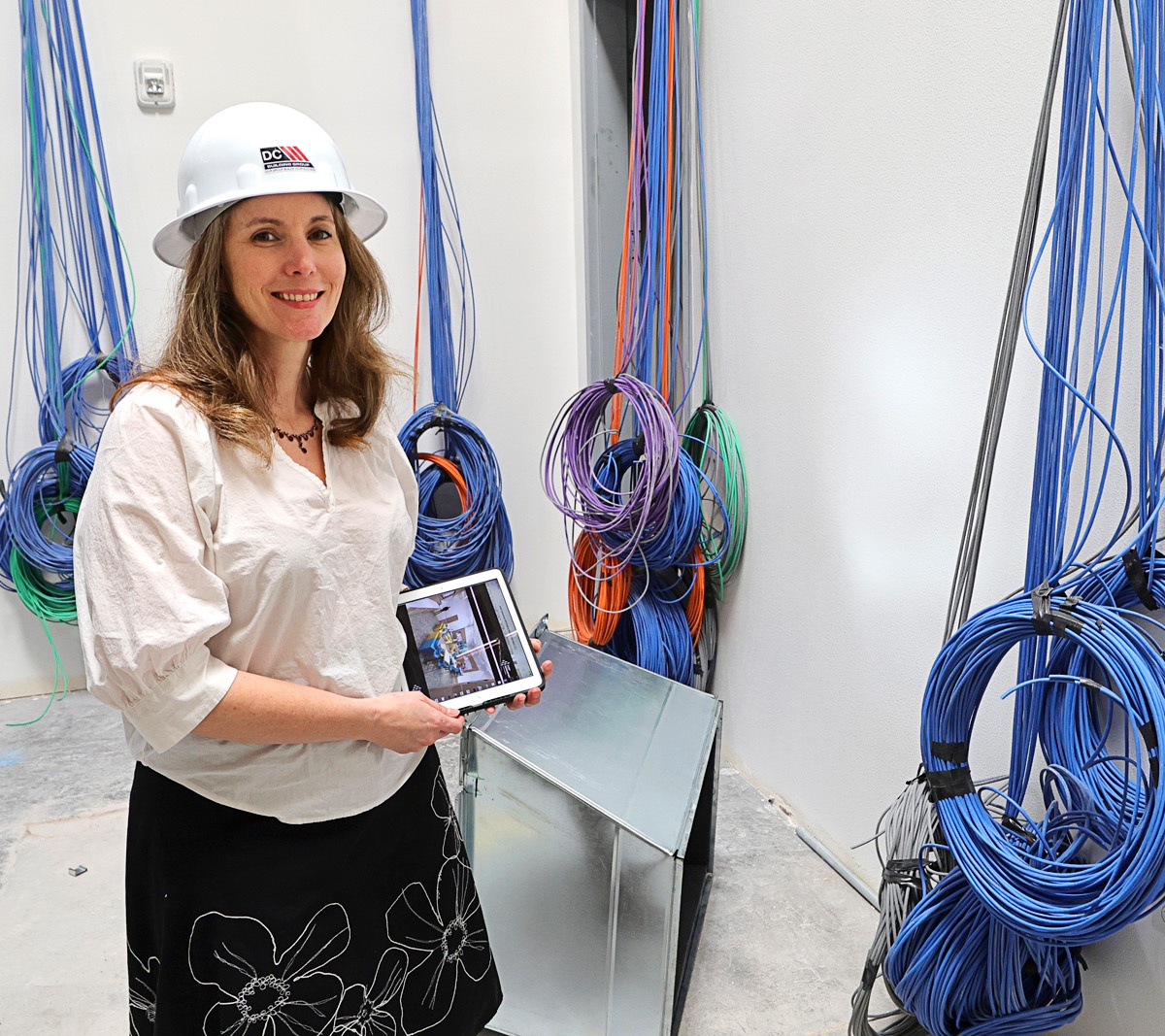Junior Achievement of Southern Nevada is in the process of developing a facility aimed at empowering young individuals to “dream big” while gaining knowledge about business and personal finances, as per organization officials.
The organization is converting a 40,000-square-foot establishment on Tropicana Avenue into an Inspiration Center to house its BizTown and Finance Park initiatives. This center will not only host these programs but will also accommodate the administrative offices of the group, with the capacity to cater to up to 60,000 students annually, a threefold increase from the current capability.
Junior Achievement’s core focus is educating K-12 youth on the fundamentals of life through financial literacy, entrepreneurship, and workforce development. In the BizTown program, students engage in a simulated economy, assuming mock job roles and utilizing play money for transactions at simulated banks and businesses. Partner businesses such as Google, Five Guys, Caesars Foundation, UNLV, and PNC Bank are featured as storefronts within BizTown. Additionally, BizTown incorporates a mayoral system and encourages student participation in voting processes.
On the other hand, Finance Park offers a budgeting simulation where students are presented with various life scenarios and are tasked with budget management, akin to games like Monopoly or The Game of Life.
Michelle Jackson, President, and CEO of Junior Achievement of Southern Nevada highlighted the pressing need for financial literacy programs in Las Vegas, citing the region’s high bankruptcy rates and the prevalence of insecure employment opportunities. The program not only imparts budgeting skills but also educates participants on distinguishing between needs and wants, along with essential lessons on credit management.
Furthermore, the program delves into wealth generation strategies through investment tools such as 401(k) and Roth IRA accounts, as well as insights into the stock market. Jackson emphasized that the program aims to instill values of self-reliance and dispel financial fears among students, particularly those from low-income backgrounds.
By mentoring students and immersing them in a simulated economic environment, the program strives to equip them with practical skills for real-world scenarios. Shanice Stevens, the Director of Community Engagement, observed the positive impact of the program on students, noting their increased confidence and enthusiasm, such as students dressing formally when elected as mayor.
The program not only nurtures ambition in students but also encourages them to explore future career paths based on passion rather than just financial considerations, fostering emotional well-being and overall life satisfaction.
Early exposure to financial literacy equips individuals to effectively manage their finances in adulthood, irrespective of their income levels, reducing the need for external assistance. This, in turn, frees up resources within the community for further development and enhancement across various sectors.
According to Jackson, financial literacy is closely linked to financial independence, a crucial aspect for young individuals aspiring to attain personal milestones such as homeownership and vehicle ownership. Understanding financial basics from an early age is fundamental in achieving these aspirations and fostering a sense of financial empowerment.
